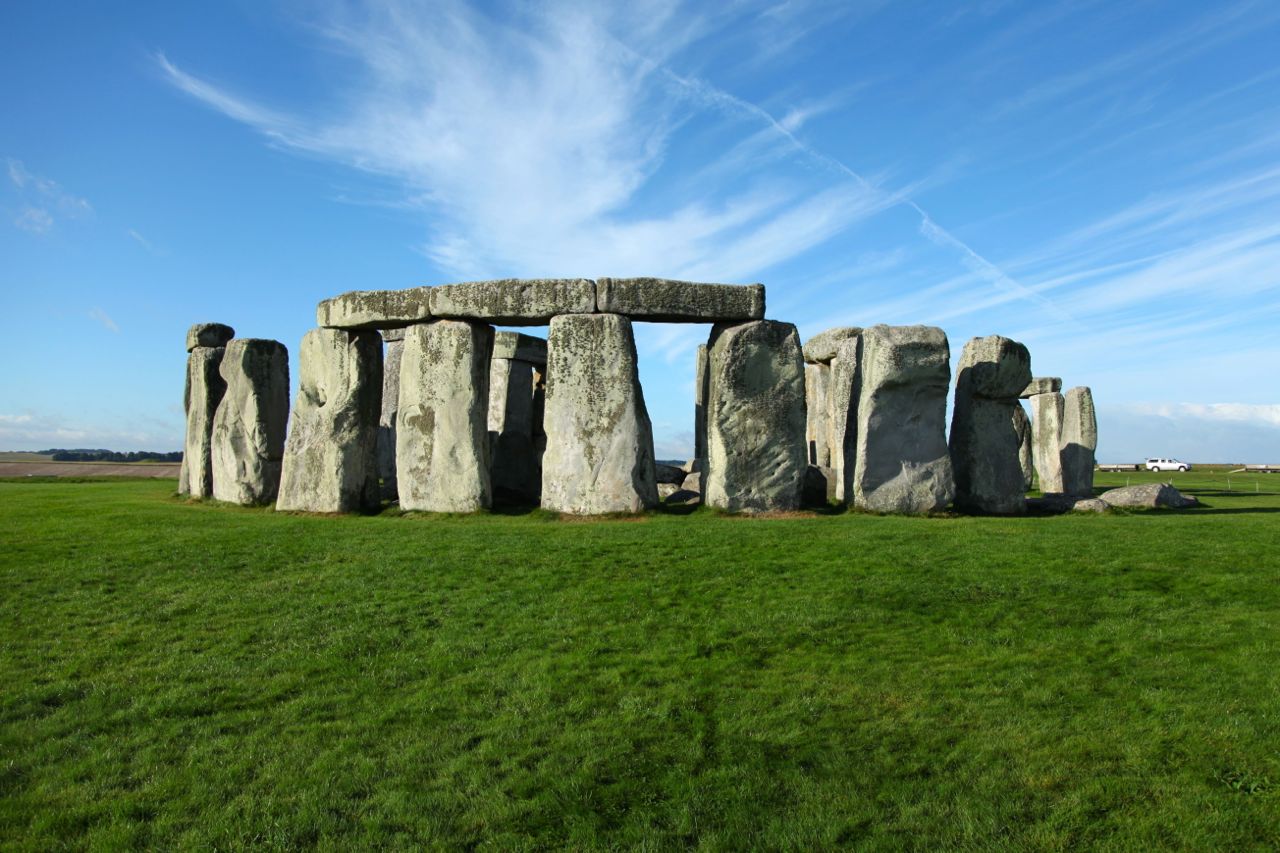There is good news and bad news
regarding the number of trees on our planet. The good news is that there are
seven times more trees on Earth than we thought. Until a few years ago,
scientists estimated that the world had around 400 billion trees. However, a
new study from Yale University estimates that there are around three trillion
trees. That's a three followed by 12 zeroes. That means there are more than 420
trees for every person alive today. Lead researcher Dr Thomas Crowther told the
BBC that the new estimate will not change anything. He said: "It's not
like we've discovered a load of new trees. It's not good news for the world or
bad news that we've produced this new number."
The
bad news is that thousands of years ago, the earth had around six trillion
trees. Human activity has cut in half the number of trees on the planet. A good
example of this is the fact that Europe used to be one giant forest. Now much
of it is farmland, fields, cities and towns. Dr Crowther said people are
responsible for the loss of three trillion trees over the past several thousand
years. Humans are destroying around 15 billion more trees every year because of
deforestation and the demand for farmland. The scientists said this figure is
"considerably higher" than just a century ago. Dr Crowther warned
that: "This study highlights how much more effort is needed if we are to
restore healthy forests worldwide." (Breaking News)


